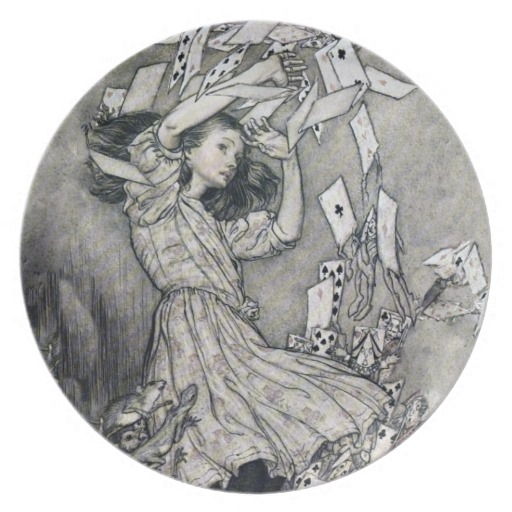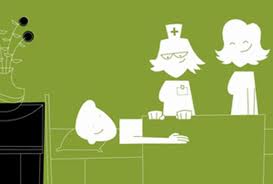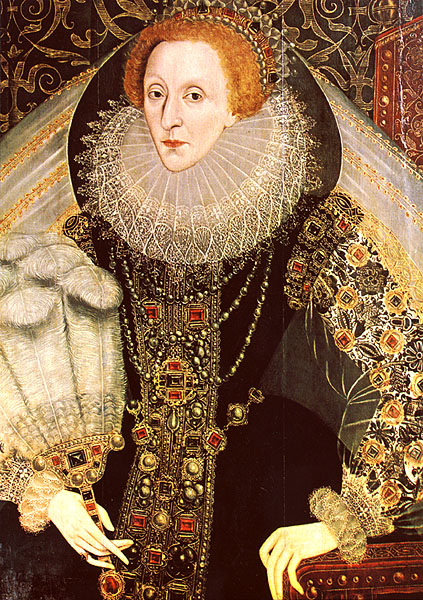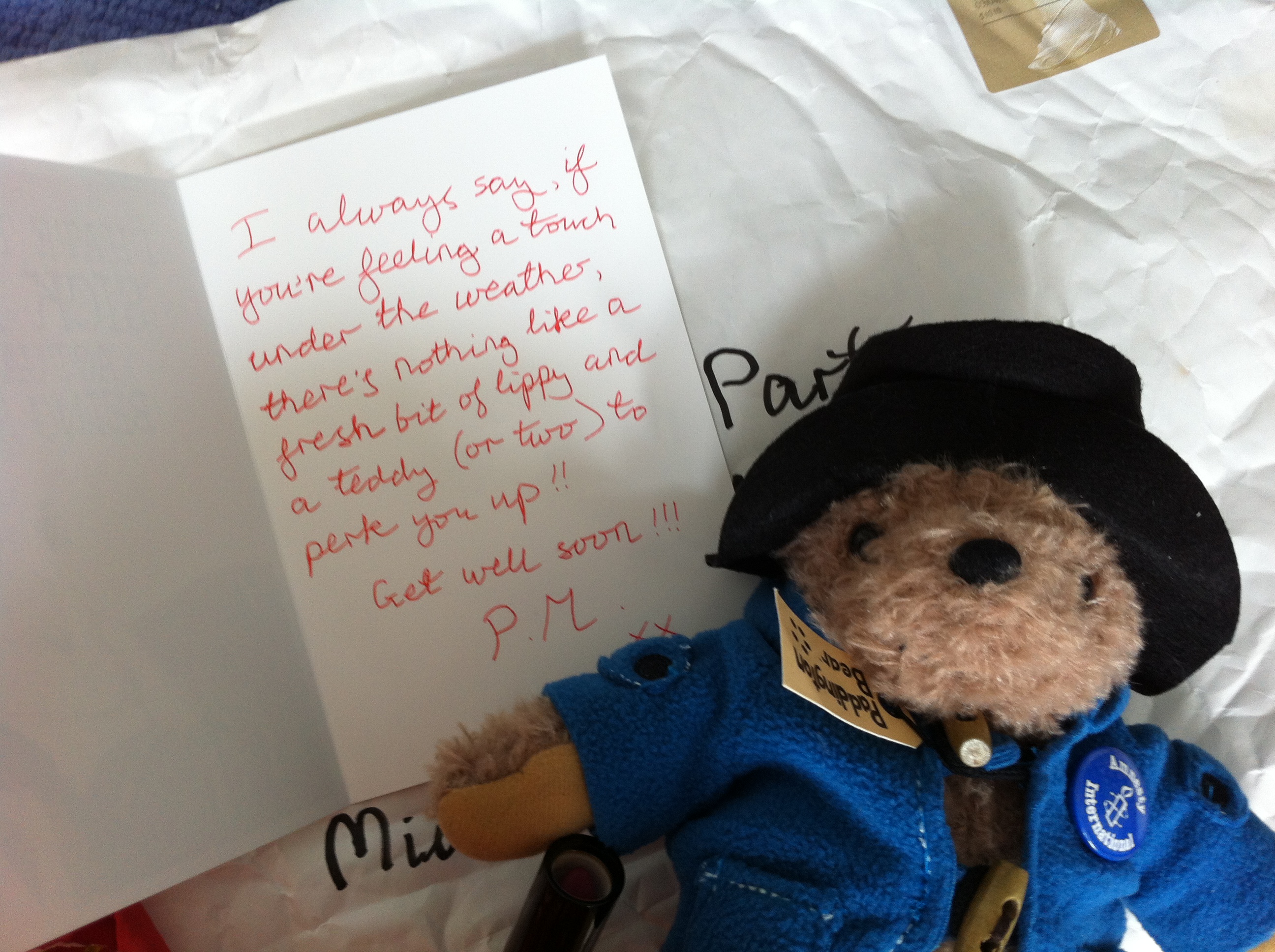‘…The unendurable moment struck –
The inward scream, the duty to run mad.’
– Robert Graves, Recalling War
 ‘”I’ve had such a curious dream!” said Alice, and she told her sister, as well as she could remember them, all these strange Adventures of hers.’
‘”I’ve had such a curious dream!” said Alice, and she told her sister, as well as she could remember them, all these strange Adventures of hers.’
– Lewis Carroll, Alice in Wonderland
They called it shell-shock in the First World War. At first the doctors were puzzled; these were men who were alive – they had survived, left the Front for good, come back as heroes. And still they were paralysed by fear; stammering, unable to speak. Many of them had suffered no injury to the brain, yet they had the kind of symptoms which accompany a wound to the head: dizziness, hearing voices, trembling. Memory loss.
I’ve mentioned the dangers of a transplant. I’ve said how the conditioning treatment – the high-dose chemo and the radiation they give you first, to delete your own stem cells and make way for the donor’s – inflicts a similar kind of devastation to the organs as chemical warfare, as nuclear radiation. Chemotherapy was, incidentally, conceived in the wake of the First World War, when veterans were found to have reduced bone marrows and lymph nodes after exposure to mustard gas.
I went into the transplant with the grim determination of a young conscript. I knew it could kill me. I knew that patients were frequently rushed to intensive care. I knew, as well, that there was no alternative. I signed the consent form.
I managed to develop all the complications I’d heard about, and a few more besides. I contracted a form of pneumonia, which left me feverish, with a violent cough. My liver started failing. My heart rate ran dangerously high, my blood pressure rocketed. Then the Graft-versus-Host-Disease set in; as the donor’s cells recognised my own as foreign, they began to attack – my skin flared up and I suffered a bout of gastro-enteritis.
Worst of all was the mucositis. I had been warned about it beforehand. The mucous membrane, from the oral cavity to the entire digestive system, becomes inflamed; the tongue swells up and develops painful ulcers, the gums bleed.
But nothing could have prepared me for the nightmare which spiralled into each oncoming day, or the ghost train ride which arrived in the evenings, without fail, and shuttled along every night.
At first you notice a slight soreness in your throat, the pills refuse to go down. Then it becomes impossible to eat or drink. A small sip of water is unbearable. Even swallowing your own saliva delivers a jolt of agony. Most patients are fed through a tube in their nose; for some reason, the nurses didn’t manage to fit one through mine, so all my medications, my daily calories and nutrition were transfused through my Hickman line, the rubber tube which had been inserted into a vein under my collar bone.
The pain is like nothing I’ve ever experienced. At night I was lucky if I slept half an hour. I would try to sleep sitting up; my air-ways were so constricted that I struggled to breathe when I lay down, spluttering and coughing. My oxygen levels would drop and the nurses would fit me with a mask.
I used to start retching uncontrollably, nauseated and overwhelmed with hunger pangs. I was starving, I was parched with thirst. But I was unable to ingest anything. For more than two weeks I could not brush my teeth. I could not speak. I could barely move my lips more than a couple of millimetres. I filled three whole notebooks and masses of pages of Word documents on my laptop, as I had to communicate somehow with the doctors and nurses, with my parents.
I read them over now; it’s like seeing the words of another person. Usually I remember everything; details of a conversation I had with a friend years ago. The first time I looked back over the pages of my own handwriting, from just a month earlier, I didn’t recognise them at all. There are the parts that seem plausible enough, that I can imagine having written – the requests for ice cubes to numb the aching, for anti-nausea injections in my stomach, for the nurses to increase my morphine dose – I was connected to an intravenous drip at all hours to reduce the pain, unplugged only for a few minutes each day to have a shower.
Then there is the odd sentence which seems to come, out of nowhere, and I don’t know whether to laugh, or gasp, or how to breathe, because this was a few months ago only, and the words are mine; I know and I can’t, still, place them in my mind’s eye, I can’t see them as anything other than the progeny of a sick joke, some kind of hyperbolic underworld.
‘I’m scared,’ I had written to my dad, at one point. ‘Don’t let them lie to me. Am I getting near the end?’



